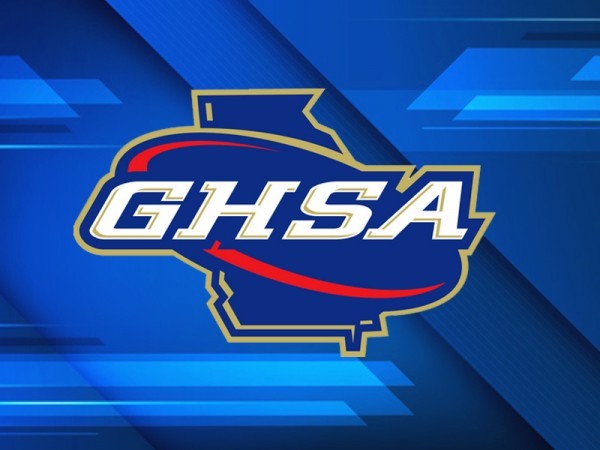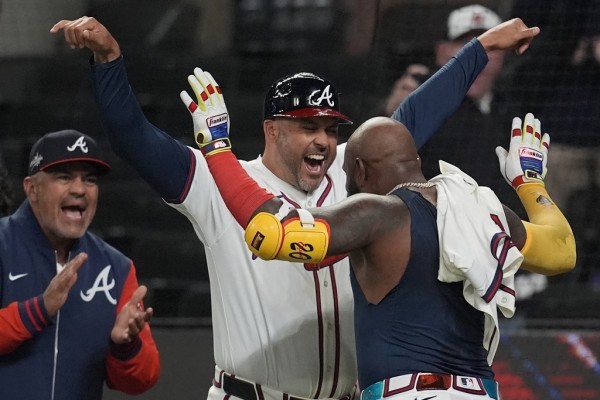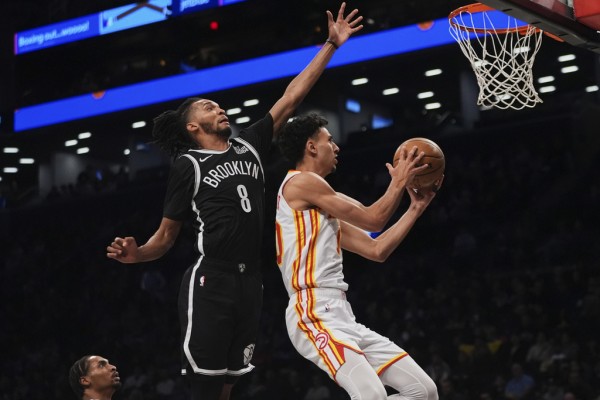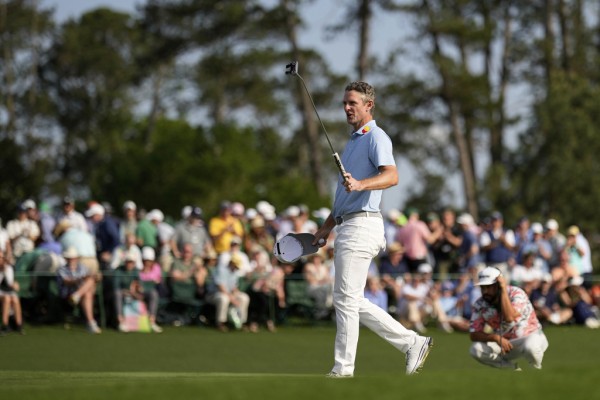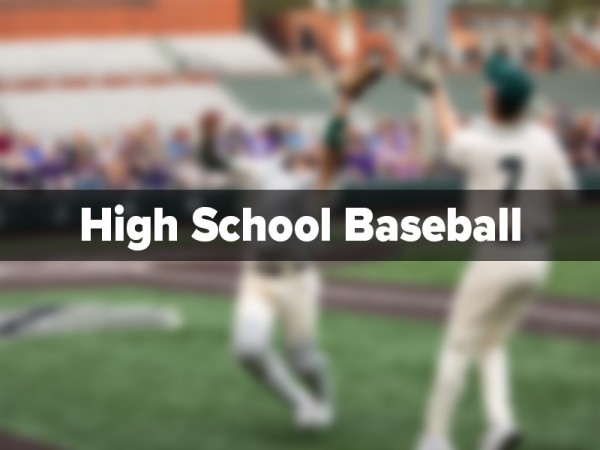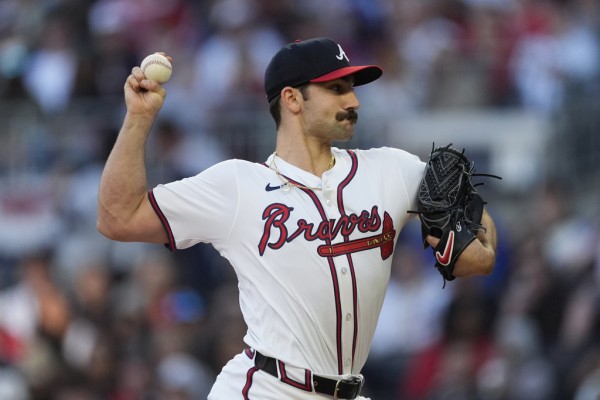CLEMSON, S.C. (AP) — Clemson coach Dabo Swinney has disagreed with scores of penalties over his 17 seasons in charge. Complained about them, too. Never once did he expect to change the outcome of a game.
It's a part of a college football team's week, just as much as Tuesday film sessions or Friday walk-throughs are: A staff watches video of the previous game and identifies penalties they see as wrong or feel need clarification. They send those to league offices across the country, where officials review them and return answers.
Will a victory be overturned? Of course not. So why do it?
“Listen, refs are people, too,” said Swinney, Clemson's coach since 2008. “None of us is perfect.”
Just last week, No. 6 Miami survived a back-and-forth battle at Louisville, 52-45, in part when quarterback Cam Ward's apparent fumble that the Cardinals returned for a tying TD was overturned on review. Officials determined Ward's arm was going forward for an incomplete pass.
“I thought it was a bad call. I don’t know how you overturn it. I really don’t. This has happened multiple times, so it was disappointing," Louisville coach Jeff Brohm said.
UConn coach Jim Mora Jr. blamed an ACC crew for what he saw as a missed pass interference call on Wake Forest that stalled the Huskies' try at tying or taking the lead late in a 23-20 defeat.
“It’s on us to play better earlier, but it would sure be nice if it was a level playing field,” Mora said in postgame comments.
Steve Shaw, the NCAA's coordinator of officials, said fans see a controversial call and think their coach will demand action. The reality is that more common plays that don't obviously sway the final score are sent in for explanations.
“They're usually not that highlighted,” Shaw said. “Didn't like this hold. And what it allows is the coordinator regardless of the conference to communicate with the coach.”
Such communication can prompt the NCAA to discuss and even change the rules, NCAA spokesman Greg Johnson said in an email. Targeting used to be an automatic ejection but now there is a video review and players can remain on the sidelines, changes made after coach suggestions.
ACC supervisor of officials Al Riveron and his team review all the issues and provide a written response within 48 hours. If there's a play or two that coaches are still fired up about or want further clarification, Riveron is available for a call.
The Big 12 Conference said its coaches have a direct line of communication with Commissioner Brett Yormark, chief football and competition officer Scott Draper and coordinator of official Greg Burks on officiating questions. The questions and answers those Big 12 teams receive “are visible to every coach in the league,” the conference said.
The Big Ten and Southeastern Conference did not respond to questions from The AP.
Pat Narduzzi, coach of No. 19 Pitt, appreciates the feedback he gets from officials on calls he disagrees with. There was a penalty, he detailed, on the Panthers' Rashad Battle that was sent in after the defensive back was flagged for a block below the waist in a 17-15 win over Cal on Oct. 12.
“It looked like the guy fell down and we got called for it,” Narduzzi said.
The ACC followed up, he said, telling Narduzzi the call on Battle was wrong.
“We expect them to be perfect, they’re not going to be perfect, our players are not going to be perfect and our coaches are not going to be perfect,” said Narduzzi, whose team is off to a 6-0 start for the first time since 1982.
North Carolina's Mack Brown, who leads all active coaches with 285 wins, said it's an important practice because a team's assistants and players need to know how referees are interpreting penalties.
“So if we think that’s a bad call and they think it’s a good call, then tell us how, why are we teaching it wrong?” Brown said. “And then we show it to our staff and then we show it to our players and say, ‘Here’s what they said you did wrong.’ And we may say, ’We disagree, but here’s what they called.'”
Shaw, who was SEC director of officials before moving to the NCAA, said having coaches clear the air, even on critical calls, can help teams move forward.
“It's good dialogue,” Shaw said. “Not that they agree absolutely every time, but there's an exchange of information.”
Such candid talks are largely kept confidential. The power leagues can, and have, reprimanded coaches and fined schools after criticizing officials.
Narduzi was reprimanded and Pitt fined $5,000 earlier this year after winning 38-34 against West Virginia when he said, “We beat West Virginia in the Backyard Brawl, and we beat the officials, too, in one game.”
Swinney said turning in plays brings accountability to officials, maybe ones you might see later at a league title game or College Football Playoff contest. He believes, like players who aren't performing at a high level, officials may not qualify for postseason games if they're making too many errors.
Does the process, particularly after a loss, make anything better?
“No,” Duke coach Manny Diaz said. “When you lose, it stinks absolutely all the time.”
—-
AP Sports writers Aaron Beard in Raleigh, N.C., Gary B. Graves in Louisville, Ky., Will Graves in Pittsburgh and Charles Odum in Atlanta contributed to this report.
—-
Get poll alerts and updates on the AP Top 25 throughout the season. Sign up here. AP college football: https://apnews.com/hub/ap-top-25-college-football-poll and https://apnews.com/hub/college-football










